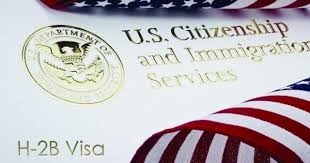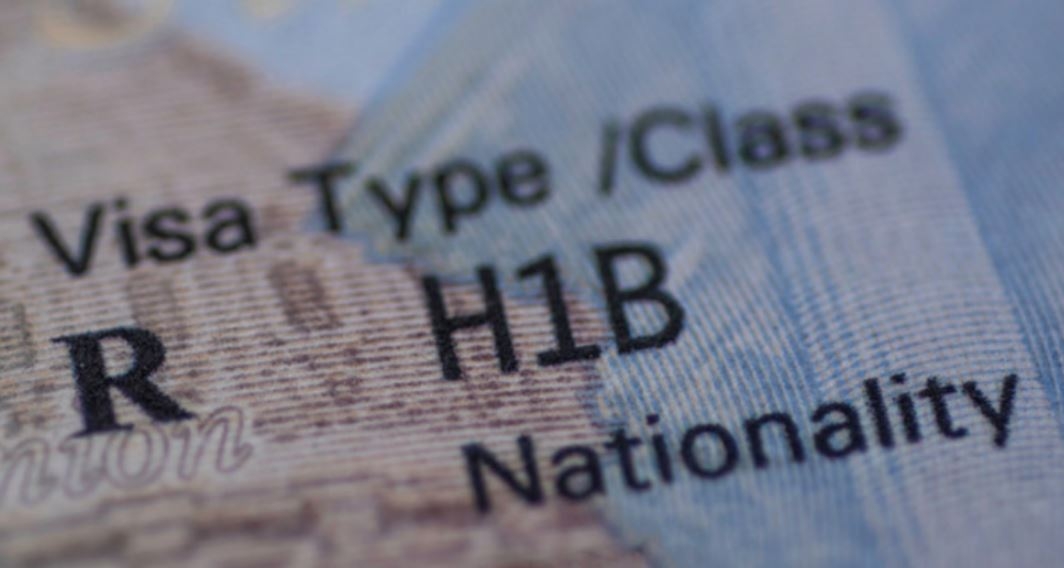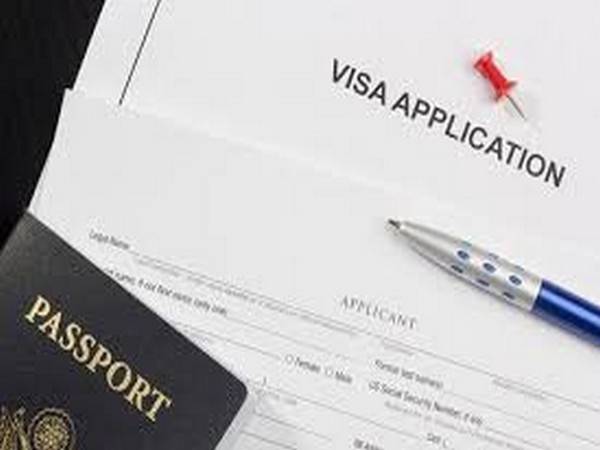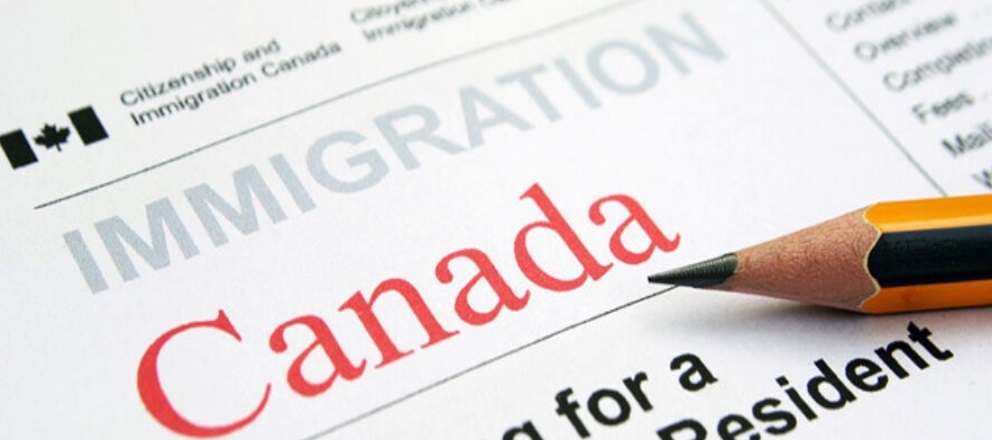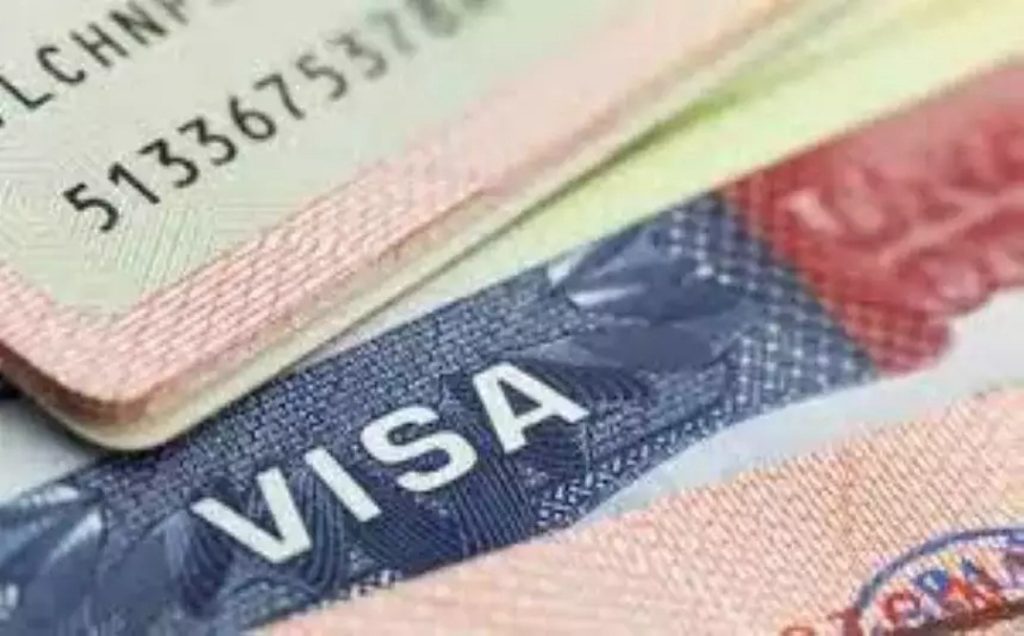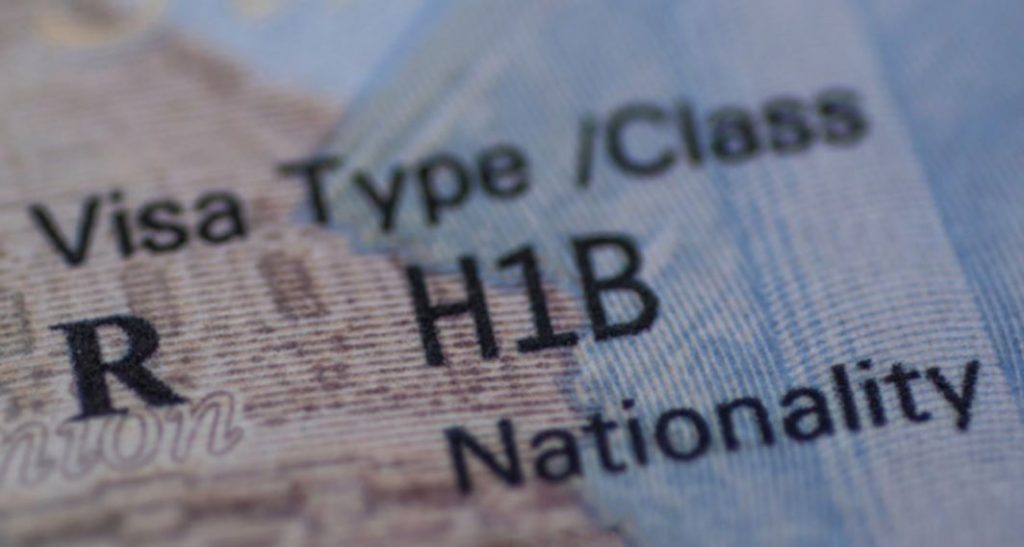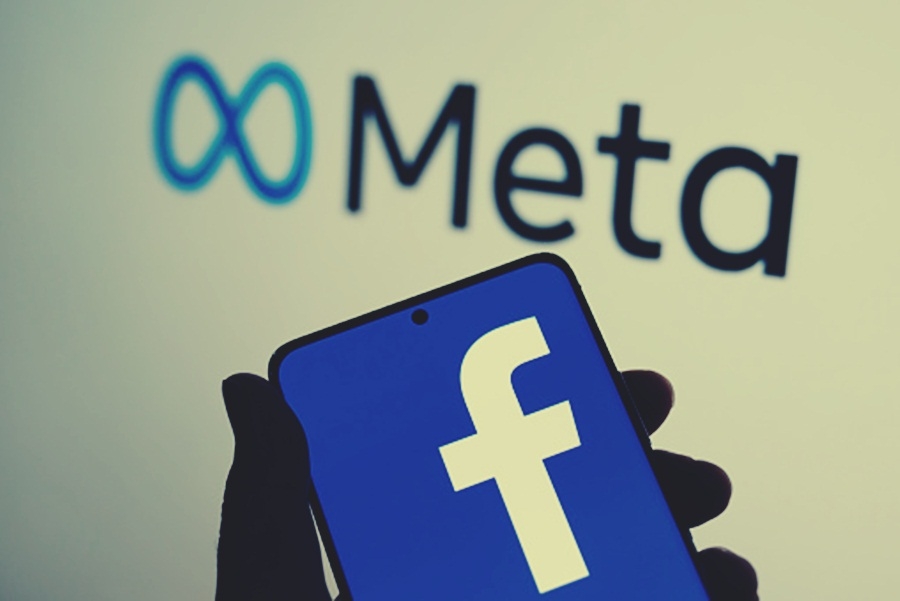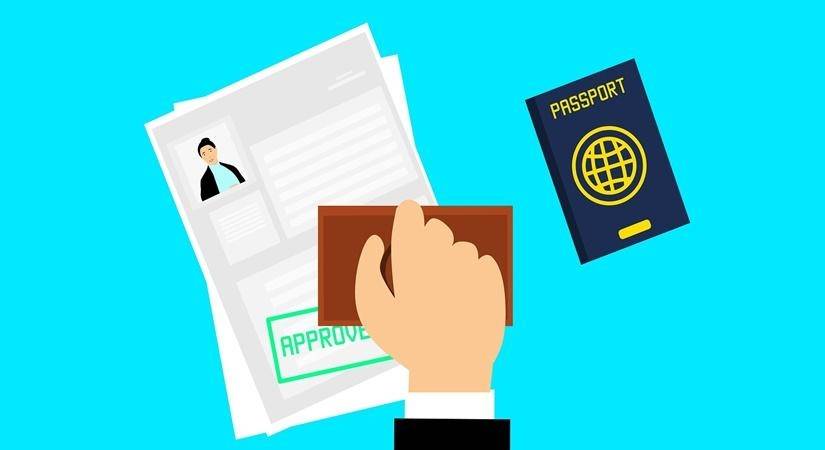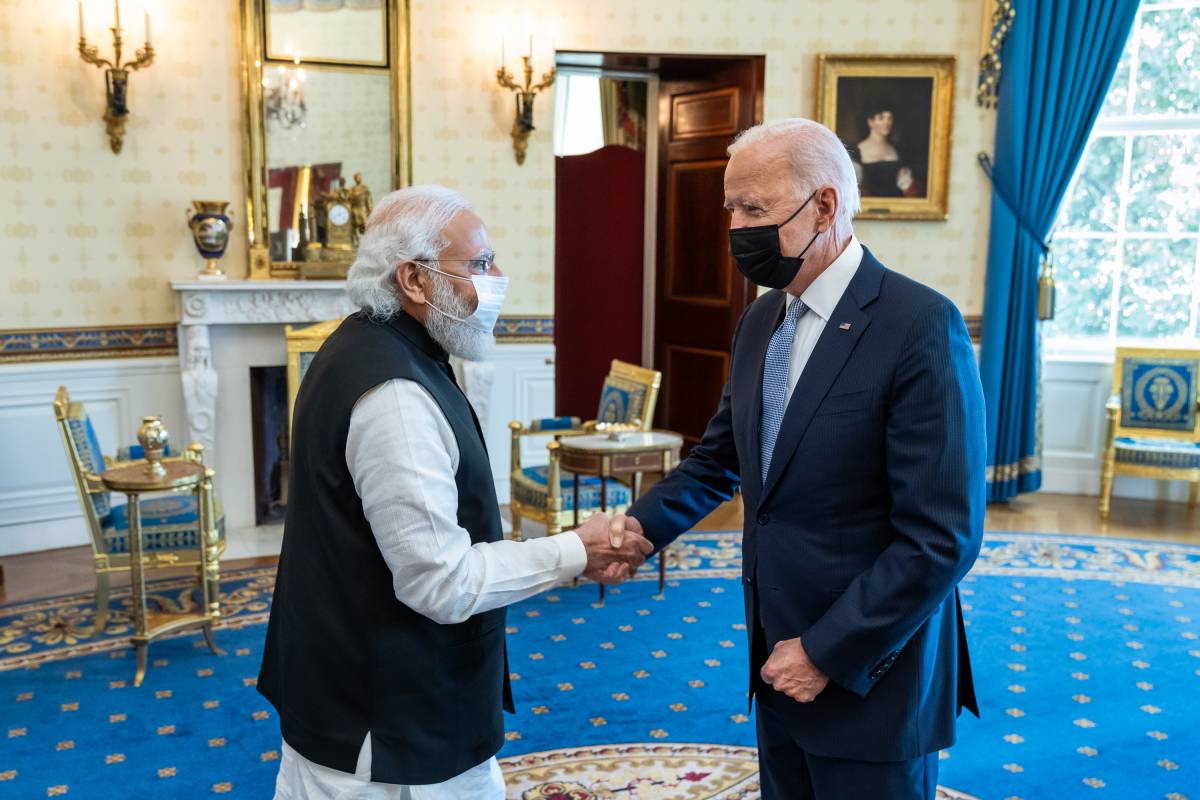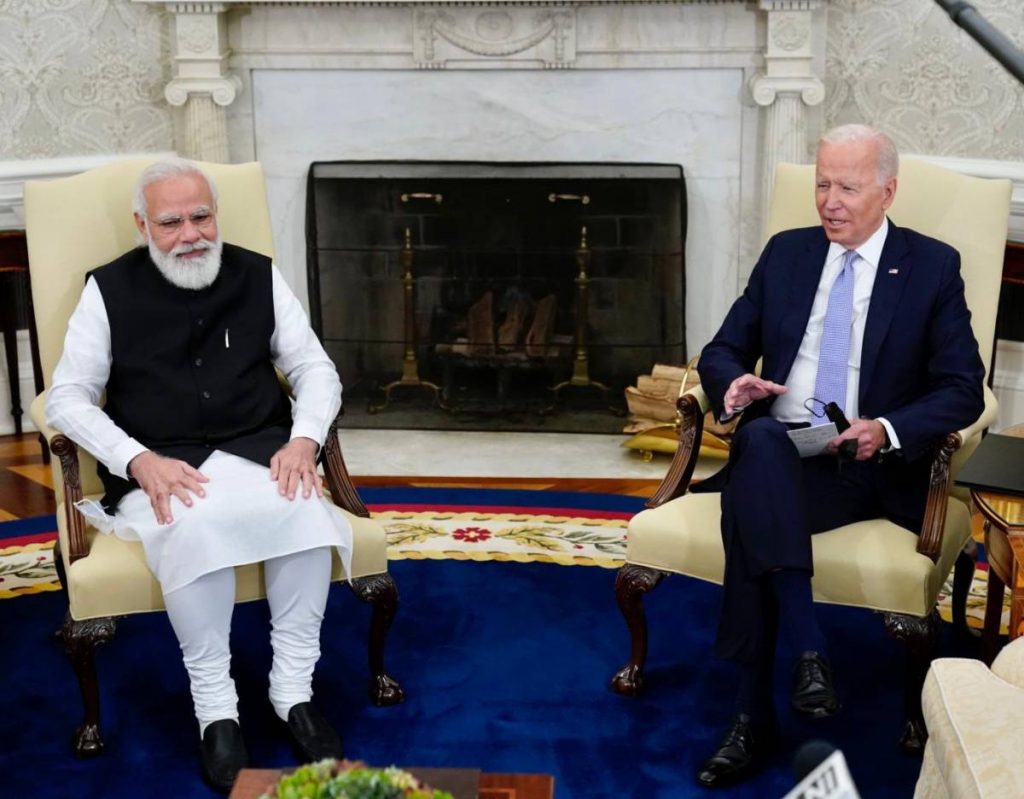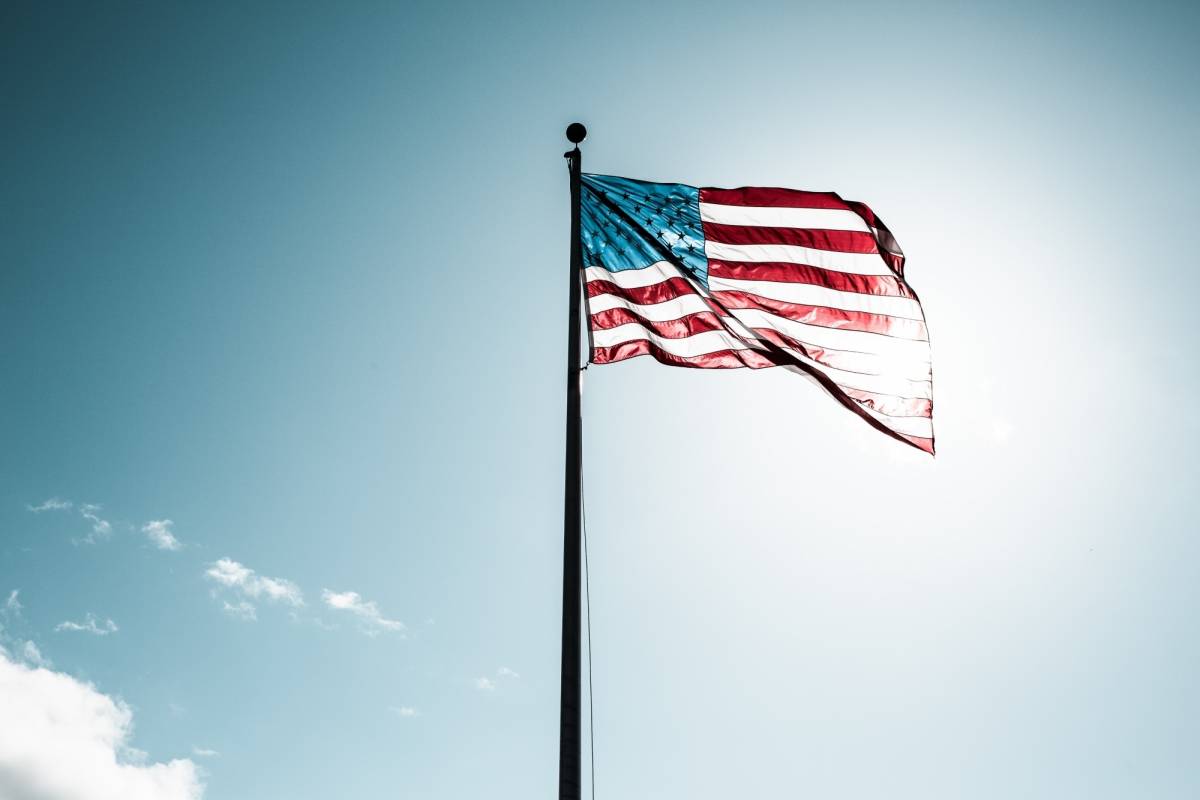To begin with, 20,000 H-1B specialty occupation workers will be able to renew their visas in the US beginning from January next year…reports Asian Lite News
The pilot program allowing H-1B holders to renew visas without leaving the US, has cleared a review by the White House Office of Information and Regulatory Affairs.
To begin with, 20,000 H-1B specialty occupation workers will be able to renew their visas in the US beginning from January next year. However, the full details of eligibility and operation of the pilot will emerge when a notice is published in the Federal Register, Bloomberg Law reported.
The pilot cleared the Office of Information and Regulatory Affairs review on December 15, the final regulatory hurdle before publication. This development comes months after the White House announced a pilot programme for domestic renewal of certain categories of H-1B visas during the state visit of Prime Minister Narendra Modi in June this year.
It would allow H-1B holders to renew their visas by mailing them to the State Department rather than travel outside the US and face uncertain wait times to secure an appointment at an American consular office before returning.
In countries like India, the largest source of H-1B workers, high visa wait times have added uncertainty to travel plans for those workers and their employers. An estimated 75 per cent of the H-1B visa granted in a year are known to go to workers from India, hired by some of the largest US tech giant such as Amazon, Microsoft, Google and Facebook.
Due to heavy visa backlogs, some H-1B workers have pursued work-arounds such as traveling to nearby countries with fewer backlogs to secure appointments.
The average wait time to secure a visa appointment for travel to the US fell to 130 days last year, a drop of 70 days from fiscal year 2022. The State Department considers acceptable wait times to be closer to 90 days.
The pilot hopes to usher in the much awaited visa renewal reform that every foreign worker has to go through. It also aims to lower the wait times for consular services as many H-1B workers are currently required to get an appointment at a US embassy or consular office for a visa stamp before returning to the country after traveling abroad. High wait times for visa services in countries like India, the largest source of H-1B workers, have added uncertainty to travel plans for those workers and their employers.
After the White House approval, in January, the U.S. State Department will begin a new pilot program allowing a limited number of H-1B visa holders to renew their visas domestically. This program initially will include only 20,000 participants. These H-1B specialty occupation workers, who are already in the U.S., can simply mail their renewal applications to the State Department. An important rule of this program is that participants cannot travel outside the U.S. during the renewal process.
The exact method for selecting the first 20,000 candidates for this program hasn’t been specified yet. This initiative is part of the State Department’s broader effort to reduce wait times for U.S. travel applications. This program is specifically for work visa renewals and revives a regulation unused for about 20 years. It aims to assist those living long-term in the U.S. who wish to renew their work visas without having to travel abroad.
US reaches H-1B visa cap for FY24
The US Citizenship and Immigration Services (USCIS) said it has received a sufficient number of petitions to reach the Congressionally-mandated cap for the most-coveted H-1B visa for the fiscal year 2024.
This includes the 65,000 H-1B visa regular cap as well as the 20,000 H-1B visa US advanced degree exemption, commonly referred to as the master’s cap.
The non-immigrant work visa allows US employers to hire foreign workers with specialised skills to work in the country for a specific period of time.
In a statement on Wednesday, the USCIS said will send notices to registrants who were not selected for the visa programme, through their online accounts over the next few days.
However, the the federal agency said will continue to accept and process petitions exempt from the cap. “Petitions filed for current H-1B workers who have been counted previously against the cap, and who still retain their cap number, are exempt from the FY 2024 H-1B cap,” the USCIS said.
An estimated 75 per cent of the H-1B visa granted in a year are known to go to workers from India, hired by some of the largest US tech giant such as Amazon, Microsoft, Google and Facebook as well as IT services behemoths like Infosys, TCS and Wipro.
Poll issue
Calling the much sought-after H-1B visa system “indentured servitude”, Indian-American GOP presidential candidate Vivek Ramaswamy has pledged to get rid of it if voted to power in 2024, the Politico reported.
Having himself used the system 29 times in the past to hire highly-skilled professionals for his pharma company, Ramaswamy said that the temporary worker visas system is “bad for everyone involved”, and the US needs to eliminate chain-based migration.
“The lottery system needs to be replaced by actual meritocratic admission. It’s a form of indentured servitude that only accrues to the benefit of the company that sponsored an H-1B immigrant. I’ll gut it,” the Politico quoted the 38-year-old entrepreneur as saying.
ALSO READ: ‘US Would Welcome India’s Role in Resolving International Conflicts’

